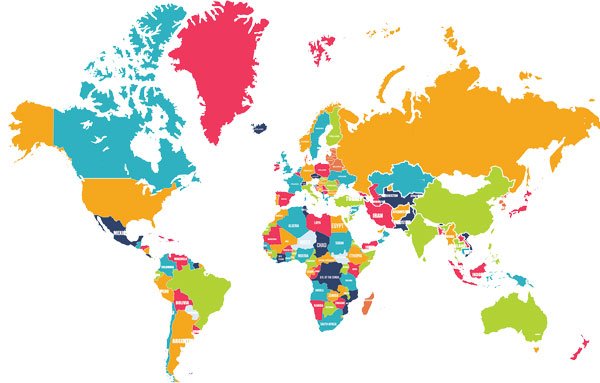October has been a remarkable month for global cooperation on climate change mitigation. Three landmark agreements illustrate a new willingness to work together to tackle the problem.
- October 5th: Paris Agreement reached threshold to take effect November 4th
- October 6th: New accord to reduce greenhouse-gas emissions from aviation established
- October 15th: Deal to phase out hydrofluorocarbons (HFCs) reached.
On October 5th the European Union pushed the Paris Agreement past the threshold required for it to take effect. As the most comprehensive international agreement ever to combat man-made climate change, the accord required 55 countries representing 55% of the world’s greenhouse gas emissions to join before taking effect. More than 190 countries reached a final deal, which commits participating countries to working to reduce their greenhouse gas emissions and transparently reporting those results with the goal of keeping global temperature rise from pre-industrial levels below 2°C (3.6°F) by 2100.
On October 6th countries established new rules to reduce greenhouse-gas emissions from aviation. The International Civil Aviation Authority (ICAO) CORSIA resolution — Carbon Offset and Reduction Scheme for International Aviation — will cap aviation emissions at 2020 levels by 2027. Prior to 2027 the rules are voluntary, and countries can choose to opt in. Most major emitters, including the United States, the European Union and China, have opted in to the voluntary phase, covering about 84 percent of global aviation activity. Russia and India did not opt in. Critics say the focus on offsets is problematic, but the fact that the world came to an agreement is noteworthy.
On October 15th more than 150 countries reached a deal to phase out hydrofluorocarbons (HFCs), which are widely used in fridges, air conditioning and aerosol sprays. Delegates meeting in Kigali, Rwanda accepted a complex amendment to the Montreal Protocol that will require richer countries to cut back their HFC use. U.S. Secretary of State John Kerry, who helped forge the deal, said it was a major victory for the Earth. Experts estimate the agreement will remove the equivalent of about 70 billion tons of carbon dioxide from the atmosphere by 2050.
These global milestones offer plenty of hope on the international stage, and they signal to those of us working at the subnational level that global markets will help support our efforts to tackle climate change.


